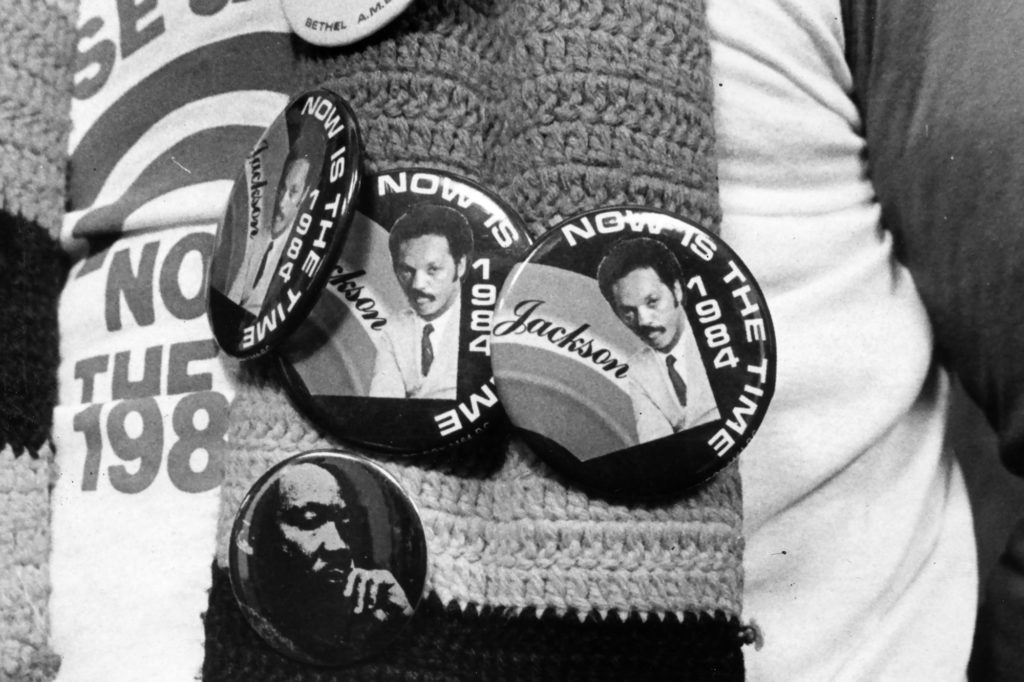
When our magazine staff conceptualized content for our special election coverage, one of the first ideas suggested was a piece on songs about voting. So, we asked Evelyn McDonnell, LMU professor, author and editor of several books on rock and a former senior editor for The Village Voice, to write about some of her favorite songs about voting. But, I began to wonder about campaign songs from decades past. I grew up hearing the Big Band records my father loved. Surely, I thought, there must be some great, or even simply amusing, songs that poured out in the political campaigns of the past century. So, I couldn’t help digging down a ways into America’s campaign song catalogue to unearth a handful of gems.
FDR, 1932
My parents, who lived through the Great Depression, rarely talked about those hard times in my hearing. But, I’ve often wondered what it must’ve been like to watch as the nation’s economy collapsed and a presidency foundered. We know now, of course, that Democrat Franklin Delano Roosevelt turned Republican Herbert Hoover into a one-term president. But how did FDR’s campaign song, “Happy Days Are Here Again,” strike Americans at a time when happiness was hard to come by? Was every ballot cast for Roosevelt an act of hope, or desperation? Or both? Interesting that the introduction, eight seconds long, does not sound like the beginning of a happy tune. But, then the mood changes.
Ike, 1952
“I Like Ike” is a bouncy tune sung by a happy bunch of choristers singing an ode to Dwight D. Eisenhower’s electability: “You like Ike, I like Ike, everybody likes Ike.” Tony Coelho ’64, who ran a presidential campaign himself (Gore, 2000) said in an Off Press podcast that he believes a candidate’s electability is a crucial trait in winning. Irving Berlin wrote DDE’s theme, after revising “They Like Ike,” one he had already used in a musical. The tune has long survived Eisenhower’s 1952 presidential campaign.
JFK, 1952
John F. Kennedy’s association with Frank Sinatra is legendary, and Sinatra made campaign appearances on JFK’s behalf during the 1960 campaign. But Kennedy’s 1952 Senate race is also interesting. Kennedy had served in the House of Representatives for six years, and 1952 marked his first state-wide run. His campaign featured a song that any marching band could play. There’s not much content in the lyrics, but listen closely as a trombone in the background “samples” the main melody of “Anchors Aweigh,” a smart, subtle tip of the cap to Kennedy’s Navy war-time experience as a PT boat captain. In 1960, JFK, still considered youthful, ran with a song that emphasized his being a “seasoned” leader and offered “change that’s overdue” — likely a smack at Ike’s stuffy two-term tenure.
Nixon, 1960
Richard Nixon’s 1960 song, “Go Vote Nixon-Lodge,” was recorded by the Clancy Hayes Dixieland band, and it has a New Orleans flavor. More intriguing are the lyrics: “peace and sound prosperity,” “security,” “guide our ship of state through fair and stormy weather.” The song must’ve been offered as a warning against a risky vote for change. The lyrics also contained an explicit appeal to independents, outreach we’d all understand today. In 1972, “Nixon Now” featured a pedal steel guitar, giving the tune a country air, perhaps appealing to his “silent majority.”
Goldwater, 1964
In 1964, Barry Goldwater ran a losing campaign for president against Lyndon B. Johnson that is said to have set back for decades the conservative wing of the Republican Party. “Go with Goldwater, you know where Goldwater stands” may be the most accurate lyric in the song. Lots of people thought they knew exactly where Goldwater stood. His views were widely considered extreme, which LBJ exploited, and the Arizonan was trounced. Yet, “Go With Goldwater” has a conventional, bouncy sound that strikes me as being well within the musical mainstream of the early to mid-’60s. I like the music. On the other hand, the tune also features a lot of hand-clapping, all of it — predictably — on the beat, not the backbeat. One, two, three, four, clap, clap, clap, clap.
RFK and McCarthy, 1968
Robert F. Kennedy’s theme in the 1968 campaign stands out, surprisingly, as a throwback to an earlier era. That’s odd, because RFK commandeered support from many young voters who had been drawn to Eugene McCarthy’s candidacy in the Democratic primaries. I don’t recall RFK’s campaign song getting airplay on the ‘underground’ FM stations I was listening to then. Conversely, “Eugene McCarthy For President” perfectly reflected his appeal to the nation’s youth, and it was a departure from campaign songs up until then: a folk song, written and performed by folk icons Peter, Paul and Mary. Even the lyrics, referencing the Vietnam War, were countercultural: “We are all responsible for what’s done in this war. … Our cities crumble from a bomb dropped on a foreign land.”
Carter, 1976
In 1976, Jimmy Carter, Democratic governor of Georgia, ran with a song — “Why Not the Best?” — that gently wandered straight down country music’s main road, its lyrics built on a narrator with a story to tell. The opening line: “I heard a young man speakin’ out just the other day, so I stopped to take a listen at what he had to say.” The only thing missing is tears. The broken heart came four years later.
Jesse, 1984
“Run Jesse Run” wasn’t Jesse Jackson’s 1984 campaign song, as far as I can tell, but it must’ve gotten people up on the good foot in a campaign that disrupted the Democratic establishment. Loaded with funk and heavy on the one beat, the tune features short, bright, cutting flashes of guitar that convince me that Prince surely learned a few lessons from this arrangement. This song will still take you to the bridge today. The message is just as relevant:
“You’ve got to vote, people, vote.
You’ve got to vote, people.”
